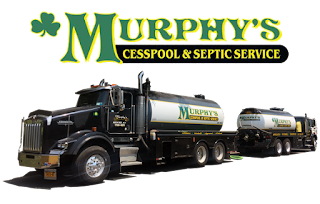Residential Cesspools & Septic Systems, Nassau & Suffolk County, Long Island, NY | NYSeptic.com

Email: Service@NYSeptic.com Phone 1: 631.758.4171 Phone 2: 631.476.5484 Fax: 631.475.2898 269 Orchard Road Patchogue, New York, 11772 Septic Cleaning Methods There are three basic ways to clean out your septic system, each with their own advantages and drawbacks. Be sure to check your local and state laws before attempting to empty the cesspool by yourself. Aeration A chemical alternative for cleaning out the cesspool, aeration involves pouring sulfuric acid into the well or tank. The acid breaks down the solid waste and sludge, allowing air to pass through. As a result, the waste is dissolved without extensive pumping. The downside to this method is that sulfuric acid is corrosive and may cause damage to your septic system if not used properly. Hydro-Jetting Another alternative method used in wells which may reduce or eliminate the need for pumping is to use hydro-jetting. A high-pressure blast forces water into the ground at the bottom of the cesspool, breaking...

